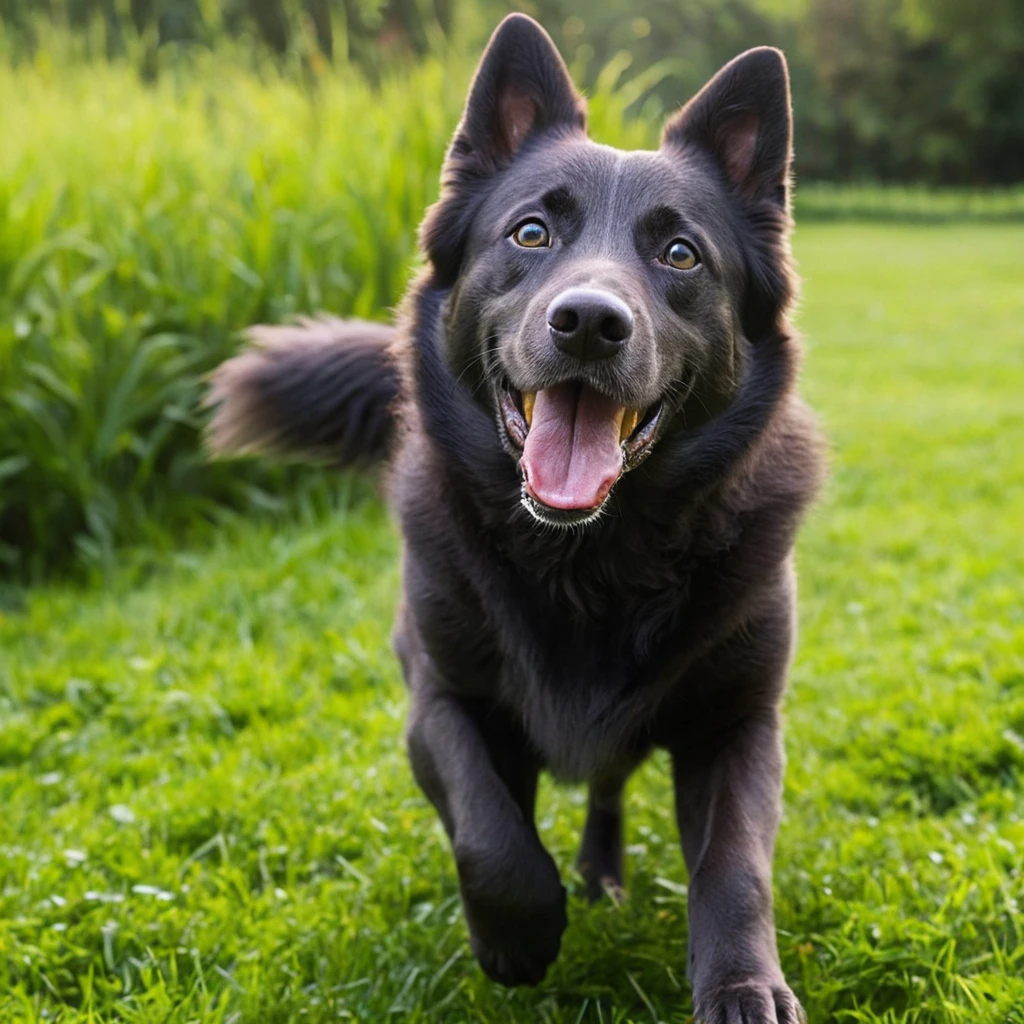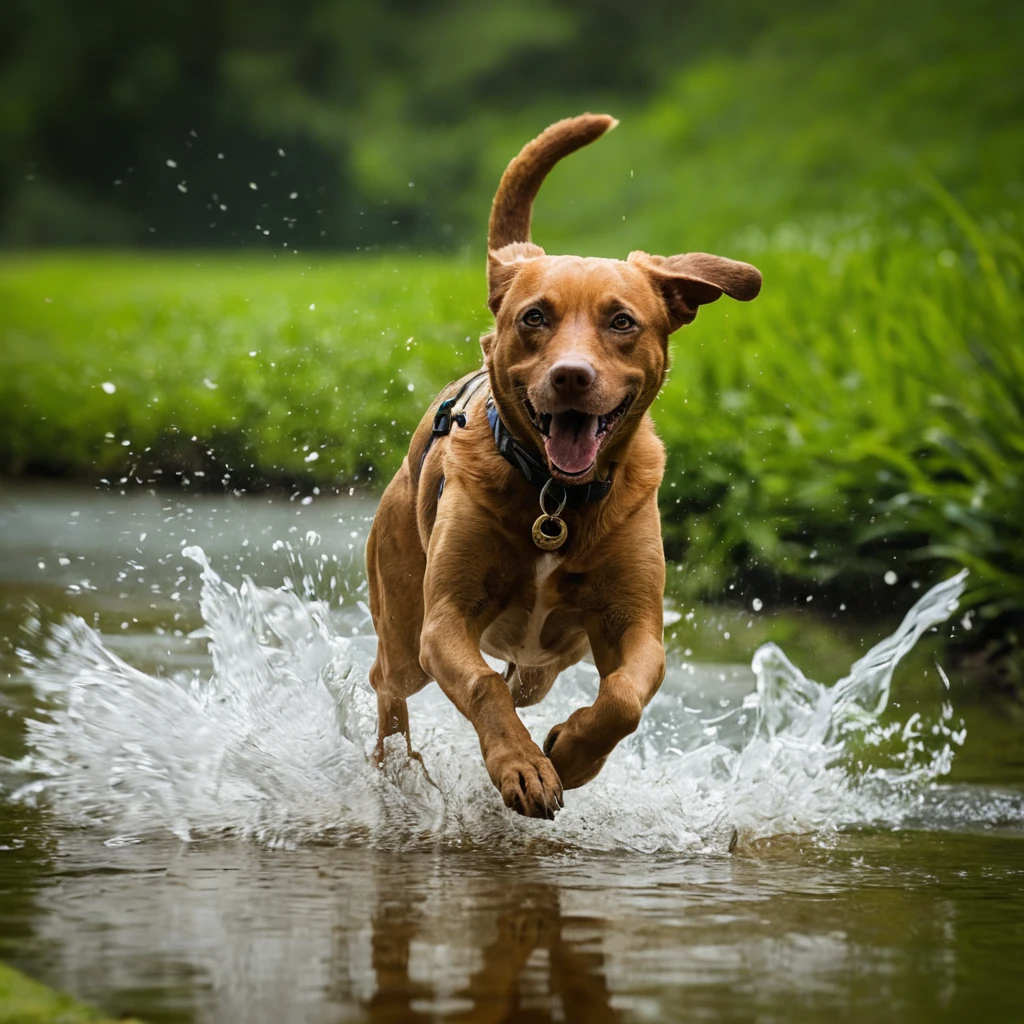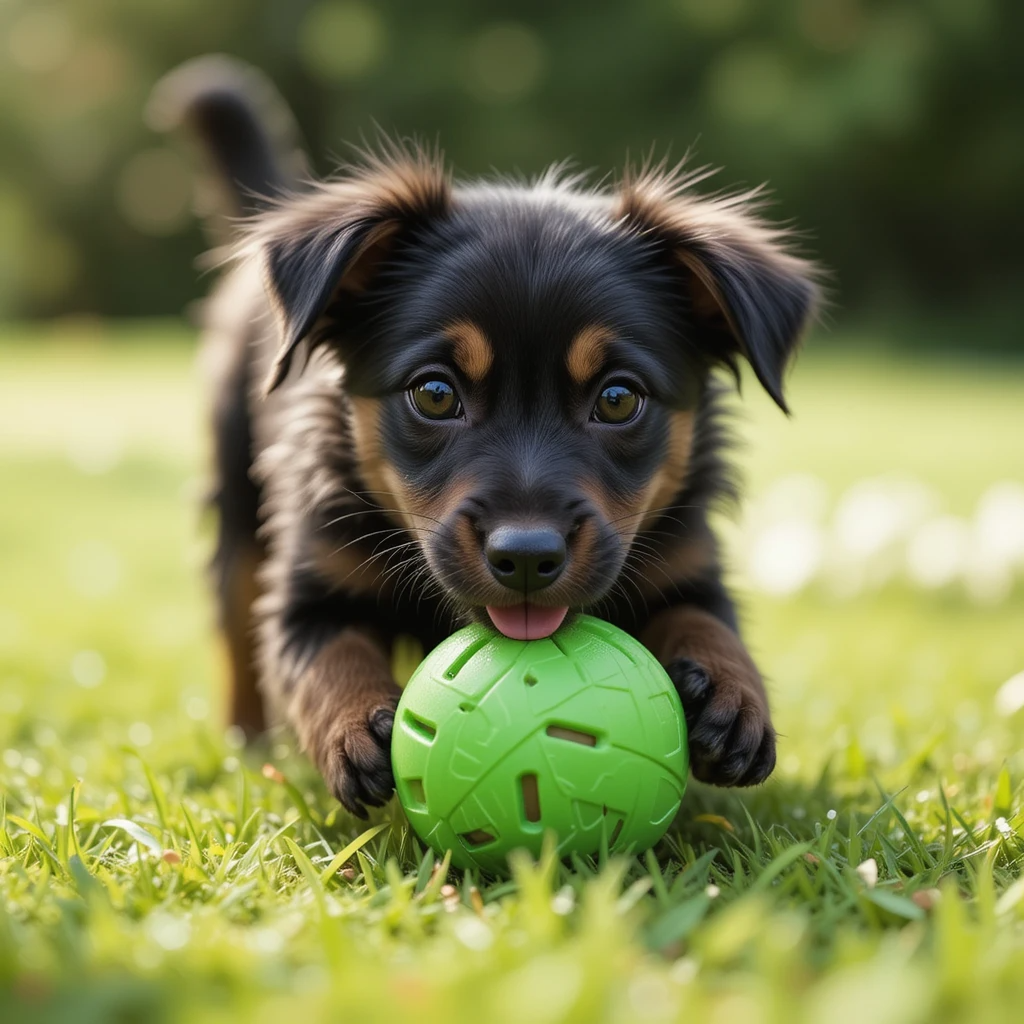Many people are amazed by dogs that can perform tricks, follow complex commands, or even understand human emotions. But what actually makes a dog “smart”? Is it their ability to obey? To solve problems? To communicate? In this article, we’ll explore the concept of canine intelligence, how it’s measured, and what it means for pet owners.
Defining Dog Intelligence
When we talk about dog intelligence, we’re referring to more than just the ability to do tricks. Dog intelligence can be broken into several categories, including:
- Obedience and working intelligence – How quickly a dog learns commands and how reliably it follows them.
- Adaptive intelligence – A dog’s ability to solve problems independently.
- Instinctive intelligence – What a dog is naturally bred to do (herding, guarding, retrieving).
- Emotional intelligence – A dog’s ability to read and respond to human feelings.
Understanding these types of intelligence can help you better appreciate your dog’s unique strengths and needs.
The Work of Stanley Coren
One of the most respected researchers in dog psychology is Dr. Stanley Coren, a professor of psychology and author of The Intelligence of Dogs. He ranked breeds based on their obedience and working intelligence, using surveys from professional dog obedience judges.
According to Coren, breeds that consistently follow commands within 5 repetitions and obey at least 95% of the time rank as the most intelligent.
Problem-Solving and Adaptability
While some breeds may not rank as “top-tier” in obedience intelligence, they can still show high adaptive intelligence. For example, a dog that figures out how to open a door, fetch your slippers, or nudge you when you’re sad is demonstrating its ability to think and adapt.
Some signs of strong adaptive intelligence include:
- Solving puzzles or challenges quickly
- Learning from past experiences
- Using new ways to achieve a goal (like reaching food or toys)
The Role of Instinct
Dogs were bred for specific jobs. A Border Collie is brilliant at herding, while a Labrador is a natural retriever. This instinctive intelligence is deeply wired and shows how dogs excel in the roles they were bred for.
For example:
- German Shepherds excel in protection and police work
- Golden Retrievers shine as therapy and guide dogs
- Australian Cattle Dogs manage livestock with little human intervention
Understanding a breed’s instinct can help you train more effectively and set realistic expectations.
Obedience Intelligence in Practice
Obedience intelligence refers to how easily a dog can learn and follow human commands. Breeds like the Poodle, Border Collie, and Doberman Pinscher are excellent examples of dogs with high obedience intelligence.
This type of intelligence is especially important in:
- Service and therapy work – where reliability is key
- Search and rescue – where dogs must respond to instructions under pressure
- Competitions – such as agility or obedience trials
However, just because a dog isn’t quick to obey doesn’t mean it’s not smart. Some breeds are independent thinkers and prefer to make decisions on their own – which is a form of intelligence, too!
The Importance of Emotional Intelligence
Some dogs seem to have a sixth sense about how their humans feel. This is called emotional intelligence, and it plays a big role in the bond between dogs and people.
Dogs with high emotional intelligence can:
- Sense when you’re happy, sad, or stressed
- Offer comfort during tough times
- React calmly to emotional situations
Breeds like Labradors, Golden Retrievers, and Cavalier King Charles Spaniels are often praised for their strong emotional connection with people.
How Environment Shapes Intelligence
A dog’s intelligence is not just genetic — it’s also shaped by training, socialization, and stimulation.
Ways to boost your dog’s intelligence include:
- Puzzle toys and treat games
- Clicker training and trick learning
- Social interaction with humans and other dogs
- New environments and challenges
Dogs that are exposed to more varied and mentally stimulating activities tend to develop better problem-solving and communication skills.
Smart Dogs Still Need Training
Even the smartest dogs don’t train themselves. In fact, highly intelligent breeds can become bored or even destructive if they aren’t mentally engaged.
Training tips for smart dogs:
- Keep sessions short and varied
- Introduce new commands regularly
- Use positive reinforcement
- Be consistent and patient
Remember: a smart dog isn’t automatically obedient. It’s your job to guide their intelligence in the right direction.
Myths About Dog Intelligence
There are many misconceptions about what makes a dog smart. Let’s debunk a few:
- Myth: Small dogs aren’t as smart as big dogs
- Reality: Breeds like the Papillon and Toy Poodle are incredibly intelligent.
- Myth: A dog that doesn’t obey is dumb
- Reality: Some dogs are more independent or stubborn by nature.
- Myth: Intelligence equals trainability
- Reality: While related, some smart dogs are harder to train because they question commands.
Choosing a Dog Based on Intelligence
If you’re looking for a highly intelligent dog, consider what kind of intelligence you value most: obedience, emotional connection, problem-solving, or instinct.
Also think about:
- Your experience level with dogs
- The time and energy you can devote to training
- Whether you want a working dog or a companion
High intelligence can be a gift — but it comes with responsibility.
A Balanced Approach to Canine Smarts
In the end, dog intelligence is complex, multifaceted, and deeply tied to the bond between humans and animals. Whether your dog can learn 100 tricks or just knows how to cheer you up after a hard day, that intelligence is meaningful.
Celebrate your dog’s unique brain — whether it’s a genius in obedience or an expert in love and loyalty.












